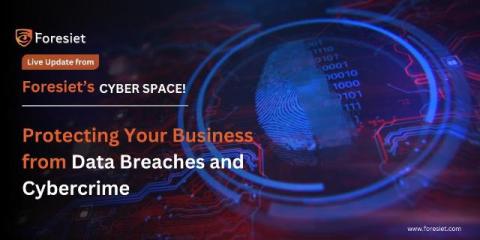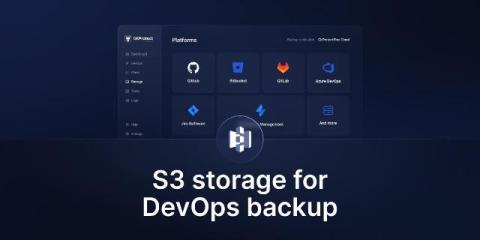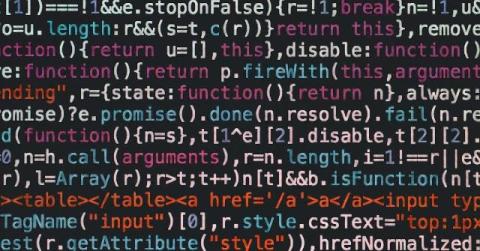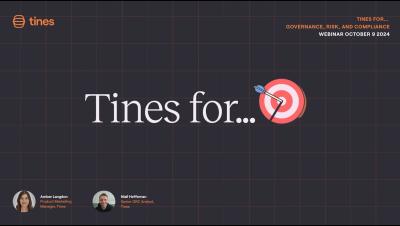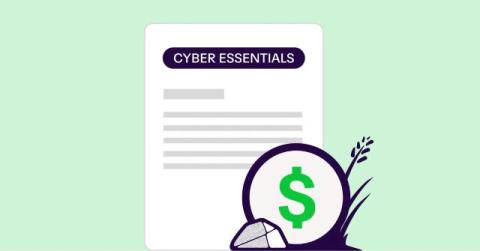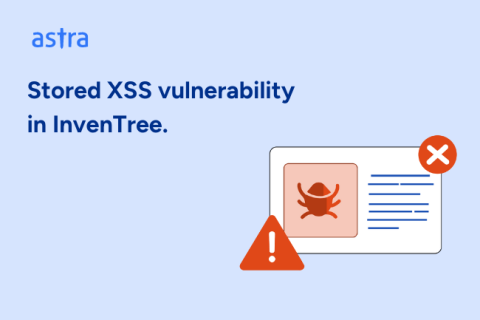The Rise and fall of Raccoon Infostealer: Inside a Global Cybercrime Operation
In the ever-evolving landscape of cybercrime, malware-as-a-service (MaaS) has emerged as a lucrative business for cybercriminals. One of the most notorious examples is Raccoon Infostealer, malware designed to harvest personal and financial information from unsuspecting victims worldwide. The mastermind behind this operation, a Ukrainian national named Mark Sokolovsky, recently pleaded guilty in a U.S. federal court to his role in the cybercrime network.



